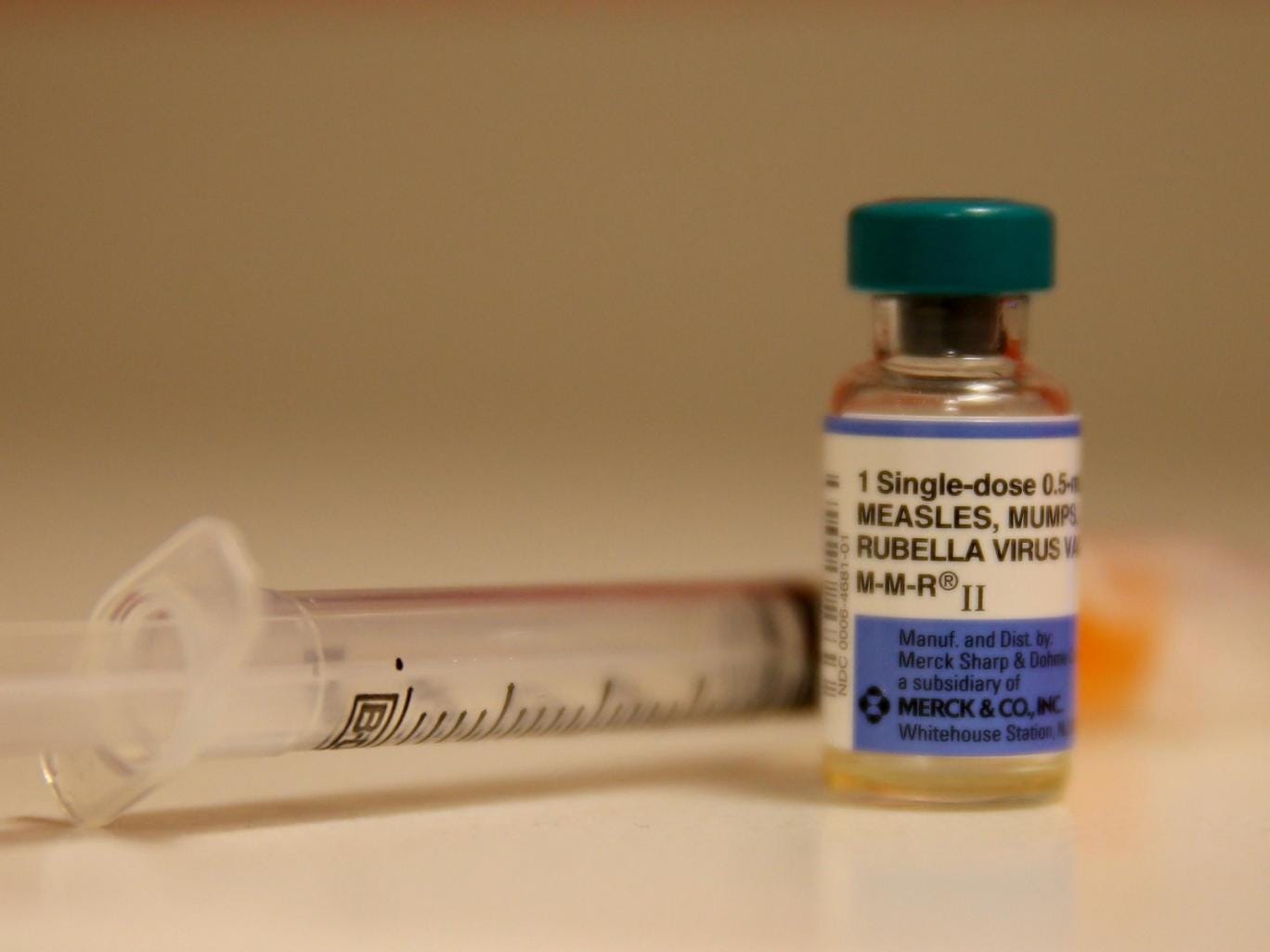World Health Organization Deploys New Technology For Ebola Fight
 "I'm doubtful that the pigs actually carry Ebola, but we have to test them, " says epidemiologist Fabian Leendertz of the Robert Koch Institute in Berlin, who has been consulted by the Institute of National Biomedical Research in Kinshasa about the potential link, Science reported.
"I'm doubtful that the pigs actually carry Ebola, but we have to test them, " says epidemiologist Fabian Leendertz of the Robert Koch Institute in Berlin, who has been consulted by the Institute of National Biomedical Research in Kinshasa about the potential link, Science reported.
Although when the corpse was tested it was free of Ebola virus.
The country's public health officials had reported at least 43 cases of suspected Ebola and four deaths.
Makur Koriom, Undersecretary in the Ministry of Health, said a team of health officials would be dispatched to all border areas of South Sudan shares with DR Congo to conduct surveillance and health education among communities in Western Equatoria state.
"The Likati health district is in a remote area, but contact tracing is essential to contain the outbreak in its focus; the DRC can rely on very experienced health workers for this objective, " Yokouidé Allarangar, WHO representative in the DRC, said in a statement earlier this month. This is resulting in early identification of suspect cases detected in the affected zone.
On Tuesday that the corpse of a young man was flown in onboard a Kenya Airways flight and quarantined by the Port Health Services (PHS) to ascertain if the death of the deceased was caused by the Ebola virus, since the DRC is now facing another outbreak of the deadly haemorrhagic fever.
South Sudan suffered Ebola outbreak in 2004 after World Health Organization reported 20 cases including 5 deaths from Ebola hemorrhagic fever (EHF) in Yambio County which borders DR Congo.
One of the technologies being used to detect Ebola in DRC is GeneXpert, which was primarily developed to detect cases of tuberculosis, but has been adapted to enable rapid testing of many pathogens - HIV, malaria, STIs, and Ebola.
However, the commissioner said as soon as the dead body was brought in from DRC, the officials of Port Health, Nigeria Centre for Disease Control, NCDC and the Lagos State Ministry of Health investigated the cause of death of the remains and took samples for laboratory investigation.
Nigeria has been on the alert since the recent outbreak in DRC Congo.
"In the field, OraQuick can test blood or saliva samples for Ebola in just half an hour", the United Nations health agency said. Health authorities in this country are recognized throughout the African region and the world as experts in responding to outbreaks of this disease.


 Ageing on the whole is “a good thing” for the world, and governments should not see it as a “threat”, Dr Paul Ong, Technical Officer, Innovation for Healthy Ageing at the World Health Organisation, tells GovInsider.
Ageing on the whole is “a good thing” for the world, and governments should not see it as a “threat”, Dr Paul Ong, Technical Officer, Innovation for Healthy Ageing at the World Health Organisation, tells GovInsider. PARIS
PARIS Major measles outbreaks are spreading across Europe despite the availability of a safe, effective vaccine, the World Health Organisation has warned.
Major measles outbreaks are spreading across Europe despite the availability of a safe, effective vaccine, the World Health Organisation has warned.